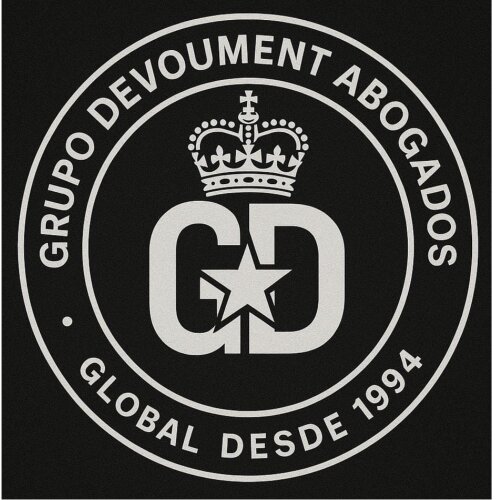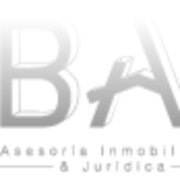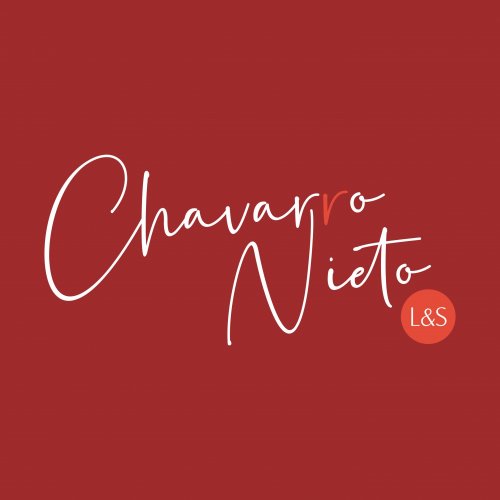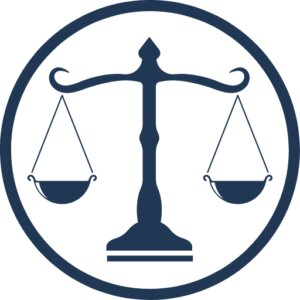Best Acquisition / Leveraged Finance Lawyers in Colombia
Share your needs with us, get contacted by law firms.
Free. Takes 2 min.
Or refine your search by selecting a city:
List of the best lawyers in Colombia
About Acquisition / Leveraged Finance Law in Colombia
Acquisition and leveraged finance refer to specialized financial transactions where companies use borrowed money to fund the purchase of other businesses or assets. In Colombia, these transactions are becoming more common as the local M&A and private equity markets mature. Acquisition finance usually involves loans or credit facilities arranged to fund the purchase, while leveraged finance means taking on significant debt that leverages the value of existing or target assets.
Colombian law around acquisition and leveraged finance has evolved to address the growing sophistication of these deals. Local and international lenders participate in complex, multi-jurisdictional financings, often working with legal counsel to ensure regulatory requirements and commercial interests are both satisfied. Specific attention is paid to structuring, collateral, inter-creditor arrangements, and regulatory permissions.
Why You May Need a Lawyer
The legal landscape for acquisition and leveraged finance in Colombia is complex, and transactions involve significant risks and regulatory scrutiny. You may need a lawyer in situations such as:
- Structuring the legal and financial terms of a corporate acquisition
- Negotiating loan contracts or credit facilities with local and international lenders
- Drafting and reviewing security and guarantee agreements for collateral
- Navigating Colombian regulatory requirements, such as approvals from the Superintendency of Finance or compliance with foreign exchange controls
- Managing tax implications related to acquisitions and financing structures
- Conducting legal due diligence on targets or finance parties
- Advising on potential risks and protections against default or enforcement
- Coordinating cross-border aspects when the transaction involves assets or parties outside Colombia
Legal counsel can help ensure your interests are protected, transactions are compliant, and risks are mitigated.
Local Laws Overview
Acquisition and leveraged finance in Colombia are influenced by a combination of domestic regulations and broader market practices. Some key aspects include:
- Financial Supervision: The Superintendency of Finance of Colombia oversees financial entities and major financing transactions, ensuring compliance with prudential norms.
- Secured Transactions: Security over assets must comply with the Colombian Civil Code and the Commercial Code, as well as the Movable Guarantees Law. Perfection and priority of collateral are essential for lenders.
- Foreign Exchange Controls: Colombia regulates how foreign currency loans are registered and serviced, particularly for cross-border financings.
- Corporate Approvals: Company by-laws and corporate governance rules set conditions under which a company may borrow or provide security.
- Tax: Withholding taxes, VAT implications, and stamp duties may affect the structuring and implementation of finance deals.
- Bankruptcy and Insolvency: Colombian insolvency law establishes creditor rights and enforcement procedures if a borrower defaults.
- Legal Opinions: Local legal opinions are typically required to confirm due execution, validity, and enforceability under Colombian law.
Understanding these laws is essential to structuring acquisition and leveraged finance transactions effectively and efficiently.
Frequently Asked Questions
What is acquisition finance and how is it used in Colombia?
Acquisition finance refers to borrowing money to fund the purchase of a business or assets. In Colombia, it typically involves structured loans or credit facilities provided by local or international banks to corporate buyers or investment funds.
How does leveraged finance differ from standard loans?
Leveraged finance involves using a significant amount of borrowed funds, often secured against a company's assets or future cash flows. These loans generally carry higher risk and cost compared to standard loans due to the greater leverage.
What forms of collateral are accepted in Colombian acquisition finance?
Common forms include movable assets (such as receivables, inventory, shares), real estate, and personal or corporate guarantees. The collateral must be properly documented and registered to be enforceable.
Are there restrictions on foreign lenders in Colombian acquisition finance?
Foreign lenders generally can participate, but must comply with Colombian foreign exchange and registration rules. Legal review ensures the transaction structure suits both local and cross-border parties.
Which authorities regulate acquisition and leveraged finance in Colombia?
The main regulators are the Superintendency of Finance of Colombia and, in some cases, the Superintendency of Companies for corporate matters, plus the Central Bank for foreign exchange controls.
Can companies provide financial assistance for their own acquisition?
Colombian law restricts financial assistance in certain circumstances, especially for public companies, to prevent unlawful reduction of capital or protection of creditors' rights. Legal structuring is critical to comply.
What is the process for registering security interests in Colombia?
Security interests must be created by written agreement and, depending on the asset type, registered in the relevant public registry (e.g., Real Estate Public Registry for property, Movable Guarantees Registry for other assets).
What are the tax implications for acquisition finance transactions?
Withholding taxes on interest payments, VAT on certain services, and registration duties may be relevant. Tax implications vary depending on the parties and transaction structure.
What happens if the borrower defaults?
If a borrower defaults, lenders can enforce their security interests through judicial or out-of-court processes, subject to Colombian insolvency rules and potential moratorium periods.
How can a lawyer help in an acquisition or leveraged finance transaction?
A lawyer provides strategic advice, drafts and negotiates documents, ensures regulatory compliance, manages due diligence, and coordinates with international counsel when cross-border elements are involved.
Additional Resources
For more information and support, consider consulting the following:
- Superintendency of Finance of Colombia (Superintendencia Financiera de Colombia)
- Superintendency of Companies (Superintendencia de Sociedades)
- Bank of the Republic of Colombia (Banco de la República) for foreign exchange matters
- National Registry of Movable Guarantees (Registro de Garantías Mobiliarias)
- Colombian Bar Association (Colegio de Abogados)
- Ministry of Commerce, Industry and Tourism for corporate and investment regulations
- Local law firms specializing in banking, finance, and M&A
Many of these organizations provide guidance or have online portals with relevant legal information.
Next Steps
If you are considering or involved in an acquisition or leveraged finance transaction in Colombia, take the following steps:
- Gather relevant financial and corporate documents for your transaction
- Consult with a lawyer who specializes in acquisition and leveraged finance, ideally with experience in cross-border or complex structures
- Discuss your objectives, potential risks, and any regulatory issues with your legal advisor
- Engage your lawyer early in the process to perform due diligence and advise on structuring
- Coordinate with accountants, tax advisors, and financial institutions as needed for a seamless transaction
Early legal involvement helps safeguard your interests and ensures compliance with Colombian law throughout your acquisition or financing project.
Lawzana helps you find the best lawyers and law firms in Colombia through a curated and pre-screened list of qualified legal professionals. Our platform offers rankings and detailed profiles of attorneys and law firms, allowing you to compare based on practice areas, including Acquisition / Leveraged Finance, experience, and client feedback.
Each profile includes a description of the firm's areas of practice, client reviews, team members and partners, year of establishment, spoken languages, office locations, contact information, social media presence, and any published articles or resources. Most firms on our platform speak English and are experienced in both local and international legal matters.
Get a quote from top-rated law firms in Colombia — quickly, securely, and without unnecessary hassle.
Disclaimer:
The information provided on this page is for general informational purposes only and does not constitute legal advice. While we strive to ensure the accuracy and relevance of the content, legal information may change over time, and interpretations of the law can vary. You should always consult with a qualified legal professional for advice specific to your situation.
We disclaim all liability for actions taken or not taken based on the content of this page. If you believe any information is incorrect or outdated, please contact us, and we will review and update it where appropriate.
Browse acquisition / leveraged finance law firms by city in Colombia
Refine your search by selecting a city.














